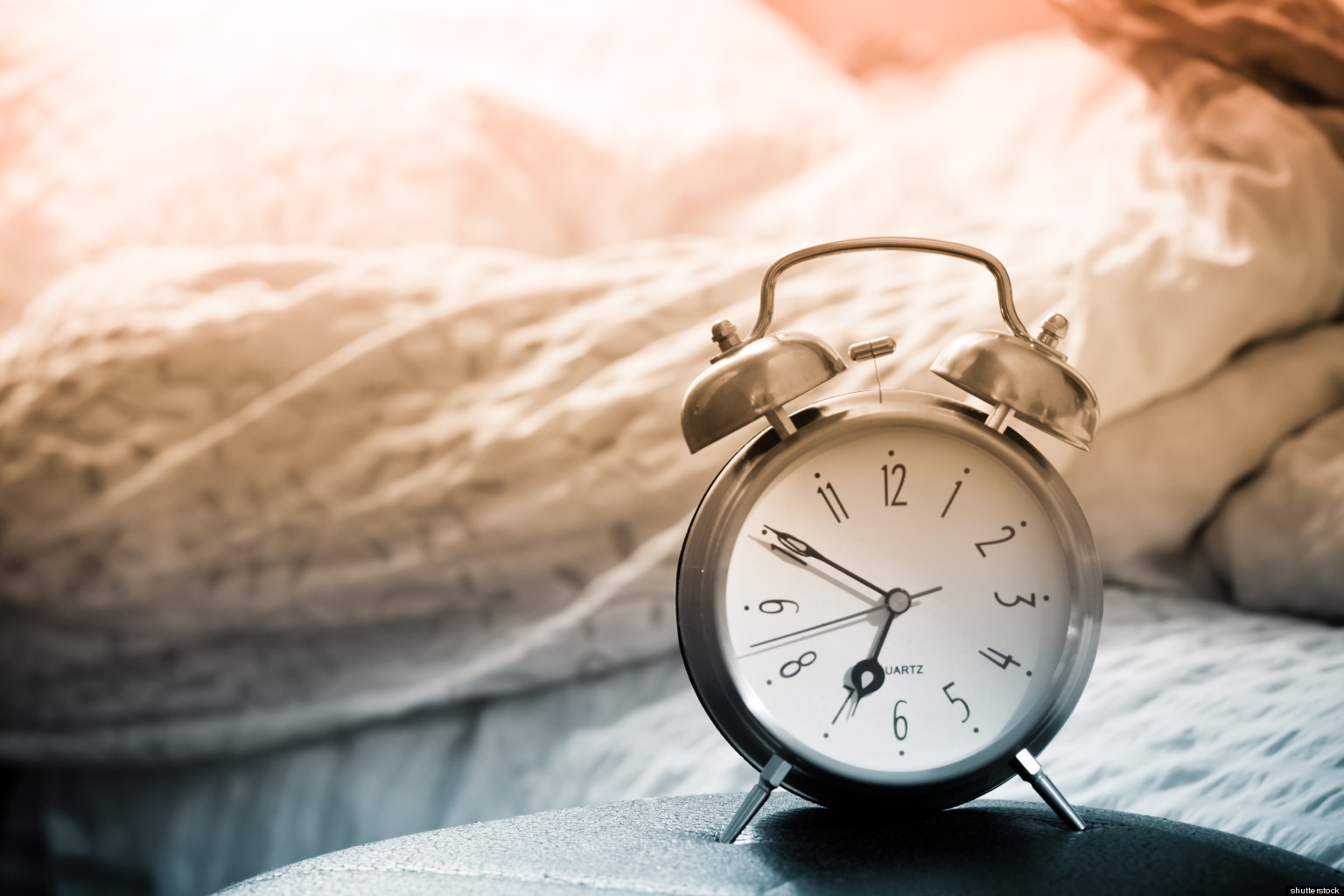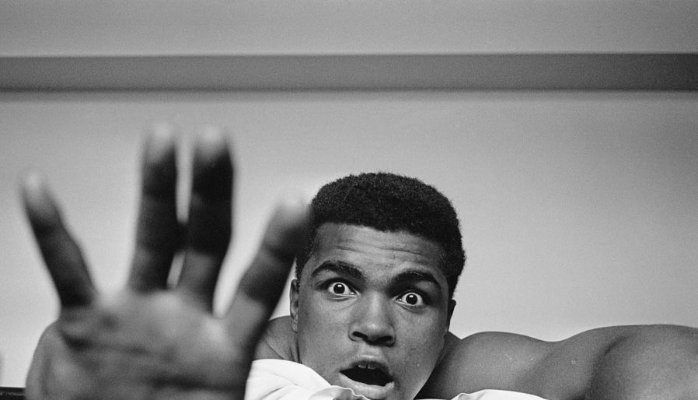
For many of us the first challenge of the day is not only waking up, but getting out of bed — which isn’t the most encouraging way to start the day. Fortunately, it’s possible to develop habits that will make waking up less of a struggle. Below are five tips to get you started.
1. Develop a nighttime routine
Before you do anything else, make sure you’re going to bed early enough to get the the amount of sleep you need. For most people, that’s approximately 8 hours.
or those who suffer from insomnia, develop a regular routine around bedtime so you can fall asleep and stay asleep. Try activities such as taking a hot bath or shower in a dimly lit room, writing a to-do list for the next day or praying or meditating until you begin to feel sleepy.
It’s important to keep a regular bedtime and wake-up time even on days off. This allows the body’s internal clock to maintain a regular rhythm, making it easier to get up. If your wake-up time is consistently changing, your body will feel as if it’s in a constant state of jet lag.
2. Turn off all electronics
Turn off all electronics 30 minutes to one hour prior to getting into bed. This would includes TV, computers, laptops, tablets and smartphones; the bright light from these devices reduces the amount of melatonin we produce, making it more difficult to fall asleep and maintain sleep.
As a rule, use the bedroom for sleep and intimacy only.
3. Don’t abuse the snooze
When you get enough sleep, you should be “stirring” for a few minutes prior to your alarm clock going off. When it does go off, hit the snooze alarm ONE time. After you hit the snooze button, turn on a bedside lamp. Before getting out of bed, try to do some light stretching for the low back until your snooze alarm goes off again. When it goes off for the second time, get out of bed.
4. Pay attention to temperature
If you have a programmable thermostat, set it so that the room becomes warmer 30 minutes prior to the alarm going off. We become sleepy when our core body temperature lowers and we wake up when our core temperature rises. At night, the ideal temperature is between 65 to 68 degrees. In the morning, the ideal temperature is around 72 degrees.
5. Let the light in
After you get out of bed, expose yourself to as much light as you possibly can. If the sun is up, open shades and let the sunshine in. If the sun has not risen, turn on bright lights or purchase a small light therapy box to simulate sunshine. Bright light has been shown to boost alertness and improve mood.
Credit: originally appeared on entrepreneurmag








